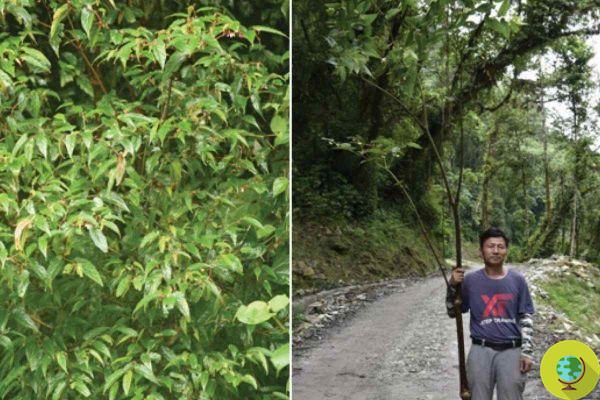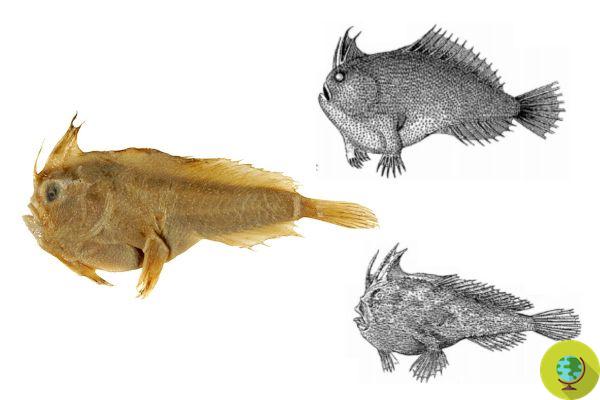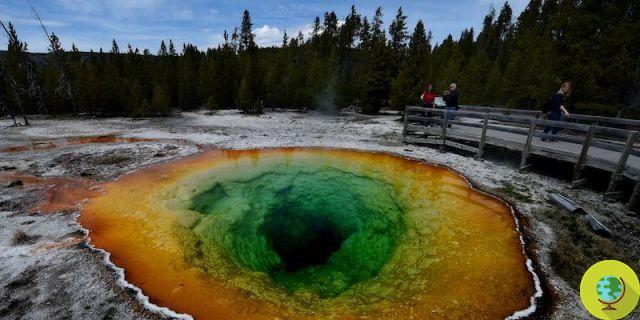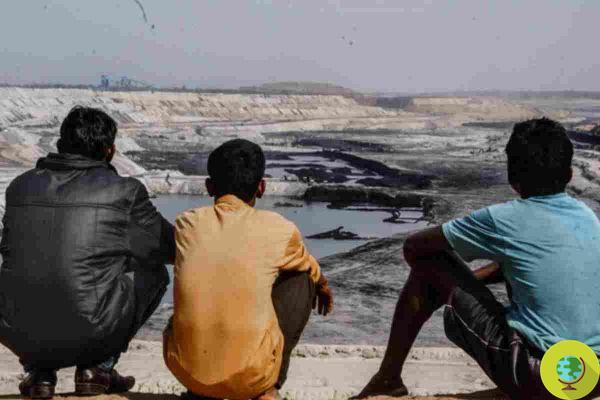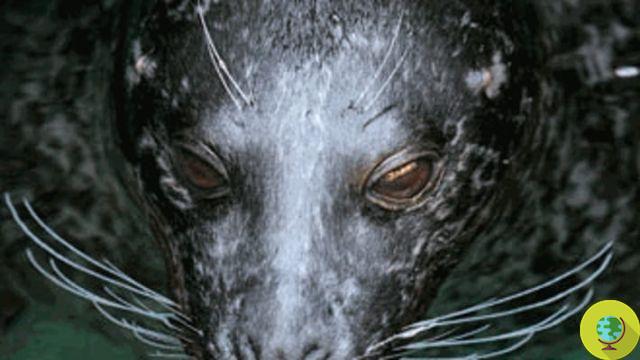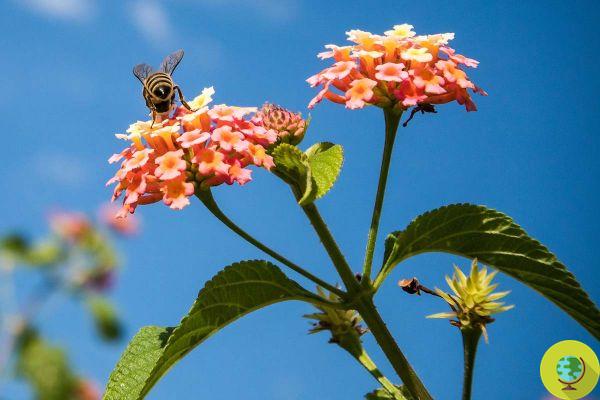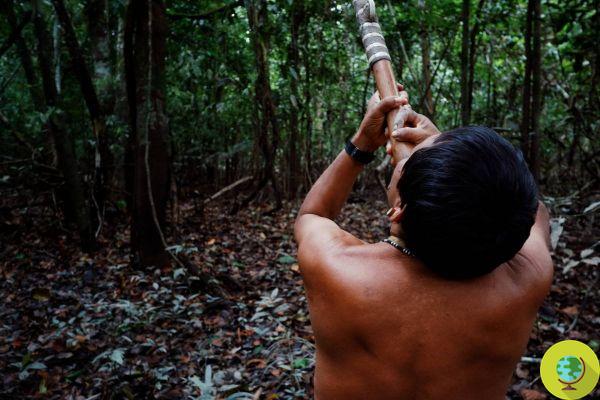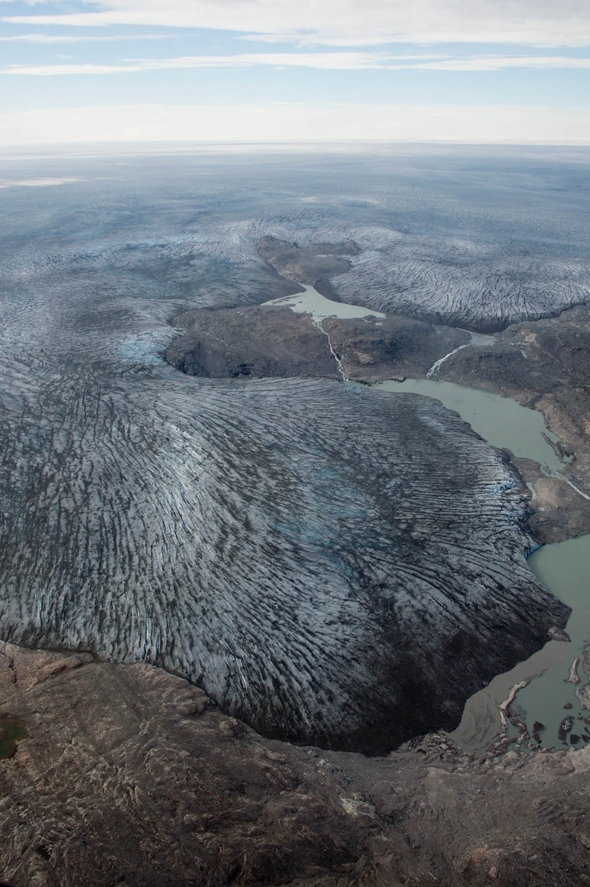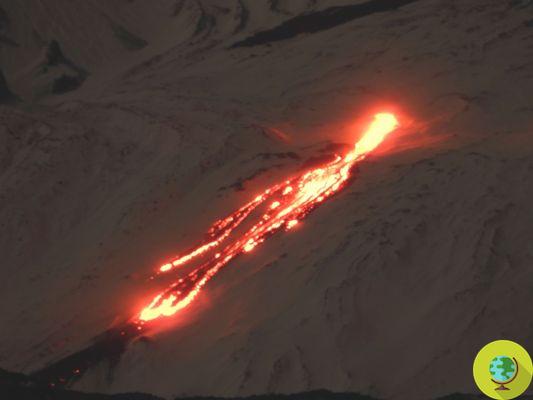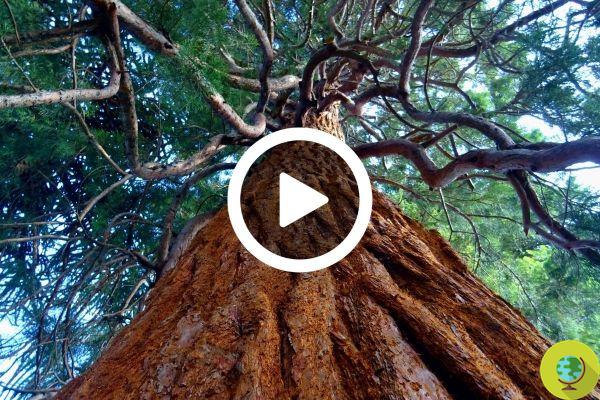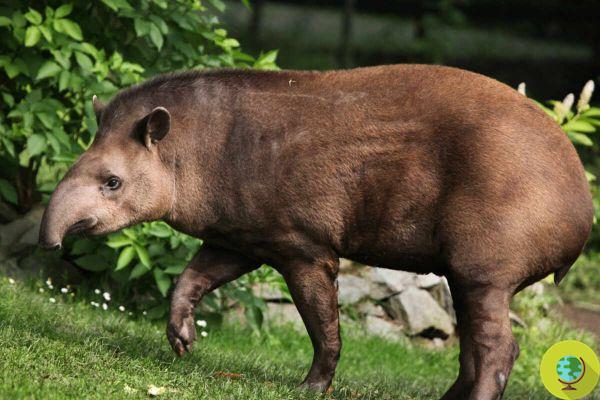Indigenous forest defenders use drones to protect the Amazon and its iconic jaguar from poachers.
He is about to end up run over, his mother saves himIndigenous forest defenders use drones to protect the Amazon and its iconic jaguar from poachers. The Uru-Eu-Wau-Wau tribe is made up of around 300 people who protect biodiversity that is being destroyed for agriculture, livestock farming, logging and mining.
Along with the coronavirus risk, rampant deforestation clears the rainforest which is a necessary source for critical carbon uptake and the fight against the climate crisis. Thus, although the tribe maintains their own way of life, they have recently begun to use modern drones to detect and combat these crimes against nature and animals.
Bitaté Uru-eu-wau-wau, 20, coordinator of the Uru-eu-wau-wau Indigenous Peoples Association told The Independent: “When they kill a jaguar it's like they kill one of us. We don't kill them, we admire their beauty in the natural habitat ”.
The illegal wildlife trade is a threat on a continent that has historically lacked large-scale conservation efforts. THE jaguars they were on the verge of extinction in the mid-1975th century after being hunted for their skins. In 50, international trade in the species was banned. But the threat is not over. Populations have declined by about a quarter in three generations and nearly XNUMX% of the jaguars are gone.
The species is vulnerable to habitat loss due to accelerated deforestation and fires caused by illegal land grabbers to expand agriculture, logging and mining.
Slashing and burning the rainforest is a double threat to jaguars - both destroy their habitat and provide easier access for trophy hunters, gangs of criminal traffickers, and poachers. This is why the Uru-Eu-Wau-Wau tribe turns to modern technology. Drones prove to be a significant solution for monitoring the vast terrain of Brazil, Ecuador and Peru. This tribe lives in a territory of more than 1,8 million hectares along with a number of other indigenous communities, including three uncontacted tribes. It would be impossible to control everything without modern media.
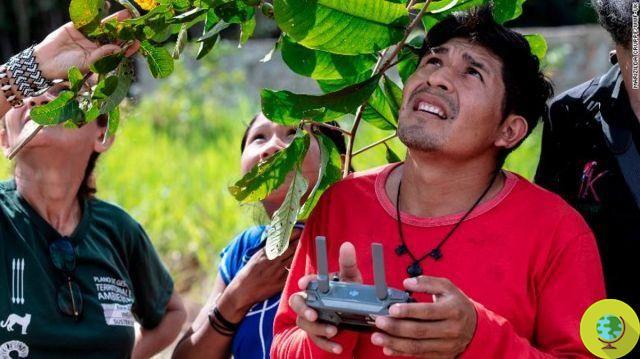
@ Marizilda Cruppe/WWF
The first contact of the Uru-Eu-Wau-Wau with the outside world began three decades ago, one of the nine villages has a Wifi connection, while the other four are connected to the electricity grid.
The drones were funded by WWF UK supporters, while WWF-Brazil and the Kaninde Association of Ethno-Environmental Protection, a local non-profit organization working with a number of indigenous communities, did the training.
“The arrival of technology, such as drones, is helping people monitor an area we didn't know had been deforested. It helped to discover depleted areas. It also helps to have the real dimension of the invasion and destruction that is practiced within the indigenous territories, ”said Bitaté.
Brazilian President Jair Bolsonaro has undermined environmental protection and espoused anti-indigenous rhetoric, effectively encouraging loggers and miners on protected lands.
Drones have already proved invaluable. In January, the Uru-Eu-Wau-Wau discovered hectares upon devastated hectares. In total, 15 indigenous territories are covered by drones. Now the pictures
they may be presented in court as evidence of illegal activity on protected territories.
Fonte: The Indipendent/Reuters
Read also:
- Kayapo indigenous people block highways against Bolsonaro
- Deforestation in the Amazon is now out of control, just like Covid-19
- The isolated indigenous people of the Andaman Islands could disappear forever, the coronavirus has decimated them





